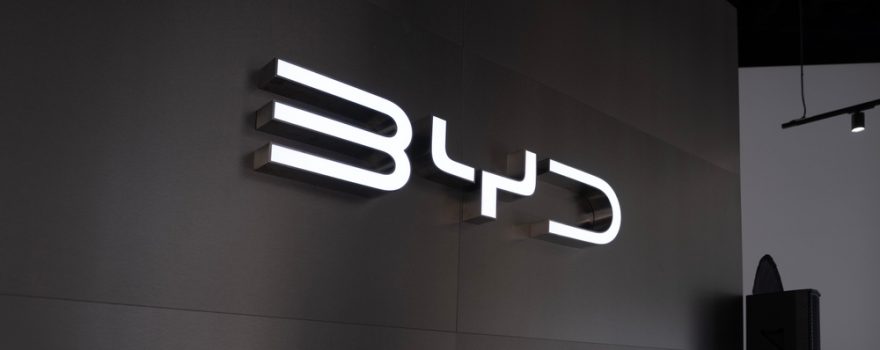
At the headquarters of BYD Co. in Shenzhen, there’s a wall crammed floor to ceiling with about a thousand framed patents representing more than 30,000 innovations the electric-vehicle maker’s billionaire founder, Wang Chuanfu, and his army of engineers have devised. These patents, including the low-cost lithium-iron-phosphate battery now used by rivals like Ford, Tesla, and Toyota, are turning Wang’s company into the world’s biggest EV maker. After selling 3 million electric and hybrid vehicles in 2023 and logging $85 billion in revenue, BYD is on course to overtake Tesla Inc. this year. Now, Wang is further disrupting China’s EV industry with cars costing less than $10,000, bringing affordable transport to the masses—a goal Elon Musk once had.
Wang’s focused approach has set him apart from his contemporaries. While Elon Musk diversifies into ventures ranging from EVs to space travel to brain implants, Wang remains concentrated on his core business. The 58-year-old, who studied battery metal chemistry in college, started making cellphone batteries in 1995 and then refined the technology for larger car batteries. This focus attracted investment from Berkshire Hathaway Inc. Chairman Warren Buffett and steered BYD into complementary businesses like battery storage, semiconductors, and solar, while keeping prices low.
In addition to being an innovator, Wang is known as a management execution specialist. He saw vertical integration as key to BYD’s strategy. Controlling the supply chain allowed BYD to reduce costs and gain a standout advantage over rivals. Charlie Munger, the late vice chairman of Berkshire Hathaway, hailed Wang as a fanatical engineer who saved BYD in its formative years with 70-hour workweeks. Munger praised Wang’s willingness to understand concepts and make things with his hands, calling him better than Musk.
Wang’s success has led many to call him the Elon Musk of China, but his approach aligns more closely with Henry Ford. Bill Russo of Shanghai-based consultants Automobility said, “Wang is to the 21st-century EV industry what Henry Ford was to the 20th-century automotive industry: Both entrepreneurs leveraged vertical integration and economies of scale to democratize mobility.”
BYD’s international expansion is crucial amid growing hostility in North America and Europe. The US has imposed tariffs of over 100% on Chinese EVs, and the EU plans to hike tariffs to as high as 48%. Despite these challenges, BYD continues to make strides. In Japan, BYD rolled out its third electric vehicle, the Seal electric sedan, priced competitively against Tesla’s Model 3. Building a presence in Japan, where hybrids and domestic brands dominate, is part of BYD’s strategy to become a frontrunner in EV imports to the country.
For more on BYD’s impressive journey and Wang Chuanfu’s vision, read the full article on Bloomberg.




